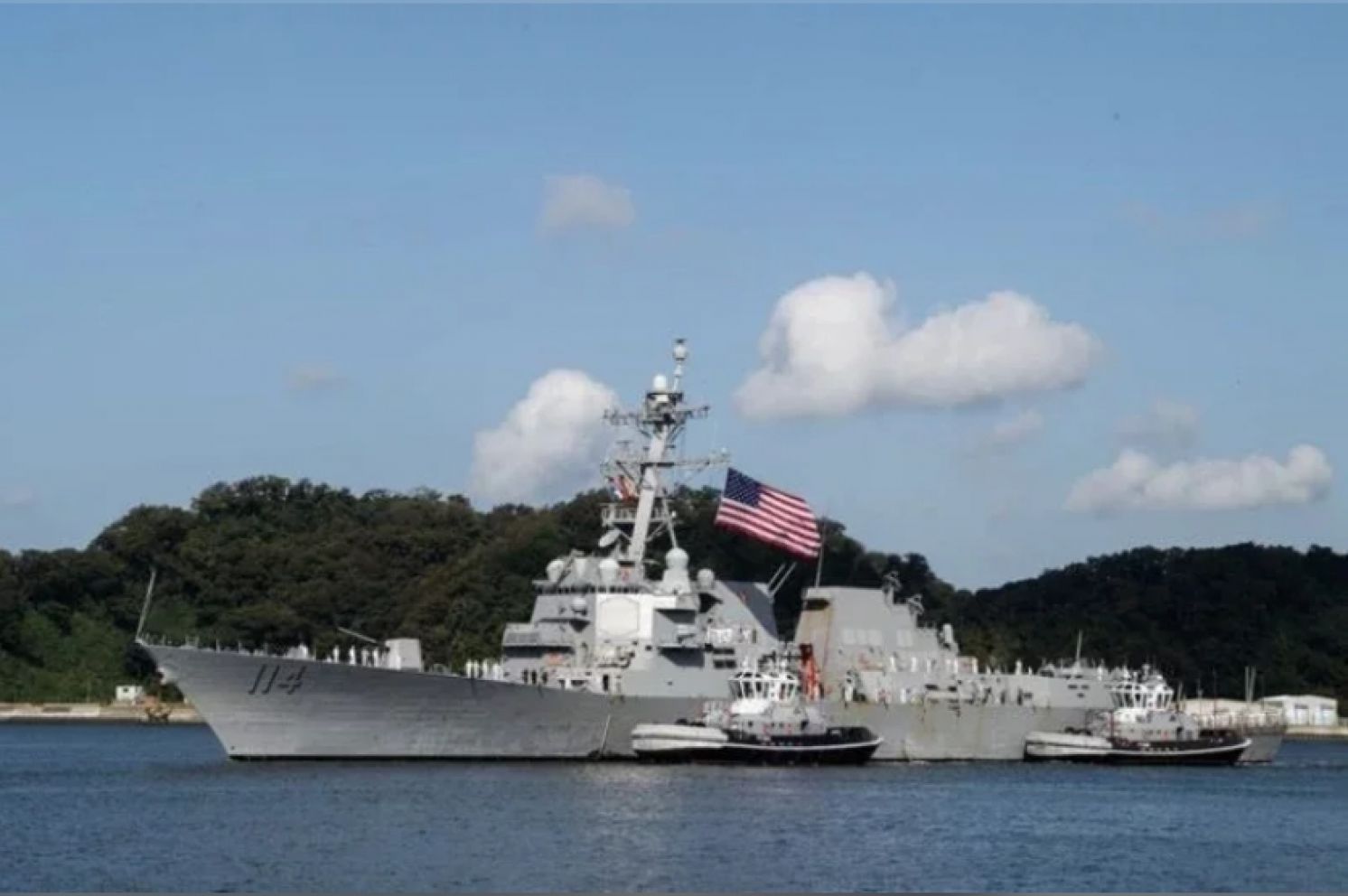
This Week in Taiwan 0220-0226
February 20: The 2022 Beijing Winter Olympics closed, ending the 17-day event. Host country China ranked third in the medal table with nine gold medals, four silver, and two bronze, behind Norway and Germany. The United States ranked fourth with eight gold medals. However, the Chinese Taipei Olympic delegation representing Taiwan was unable to win any medal.
February 22: According to media reports, Mike Pompeo, former secretary of state under President Donald Trump, will visit Taiwan for four days from March 2 to March 5. He will meet President Tsai Ing-wen and Vice President William Lai to exchange perspectives on U.S.-Taiwan relations, regional security, and other issues. Pompeo will also deliver a speech at the invitation of the Prospect Foundation.
February 22: Premier Su Tseng-chang announced that the plan for expanding the metro between Keelung and Taipei was finalized. The first phase of the Nangang to Badu section will cover a total distance of 16.05 kilometers (about 9.97 miles) and add 13 stations, and 77 percent of the NT$42.5 billion (about US$1.5 billion) cost will be covered by the central government. Construction is expected to begin in the fourth quarter of 2023 and begin operating in April 2032.
February 24: The Central Epidemic Command Center (CECC) announced that from March 1 to March 31, epidemic prevention measures in Taiwan will be moderately relaxed, including exempting wearing masks in certain areas and allowing eating and drinking on trains. Starting March 7, travelers entering Taiwan will complete a 10-day quarantine, followed by seven days of self-health management, during which each person will test for the coronavirus (COVID-19) seven times. One may quarantine at home if he meets the requirement of one person per household.
February 24: The Executive Yuan passed a draft regulation to the Road Traffic Management and Penalty Act. Fines will be raised from NT$3,600 (about US$128) to NT$6,000 (about US$213) if a vehicle does not yield to let a pedestrian past first.
February 25: The current version of the Road Traffic Management and Penalty Act stipulates that if a driver refuses or fails to take a breathalyzer test, the police may send him to a doctor for a mandatory blood test. The Constitutional Court rendered its first judgment under the Constitutional Court Procedure Act, ruling that forced blood tests are unconstitutional. The competent authority should amend the law within two years.
February 26: The United States Navy destroyer USS Ralph Johnson (DDG-114) crossed the Taiwan Strait from south to north and turned on the automatic identification system (AIS) signal. The move is considered to be the United States deliberately conveying its pro-Taiwan stance amid the ongoing Russian-Ukrainian war.
The Ministry of National Defense confirmed that the Armed Forces had closely monitored the surrounding sea and airspace throughout the process, and the circumstances remain normal.
At the same time, the media reported that the People's Liberation Army (PLA) has recently continued to launch high-altitude balloons over the northern and central parts of Taiwan. At least four batches have been launched so far. The MND stated that the balloons are probably for meteorological research, but it will continue to closely monitor the circumstances.